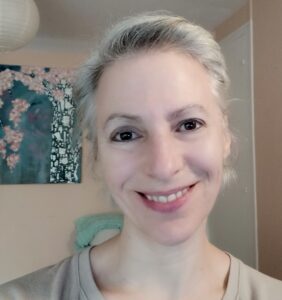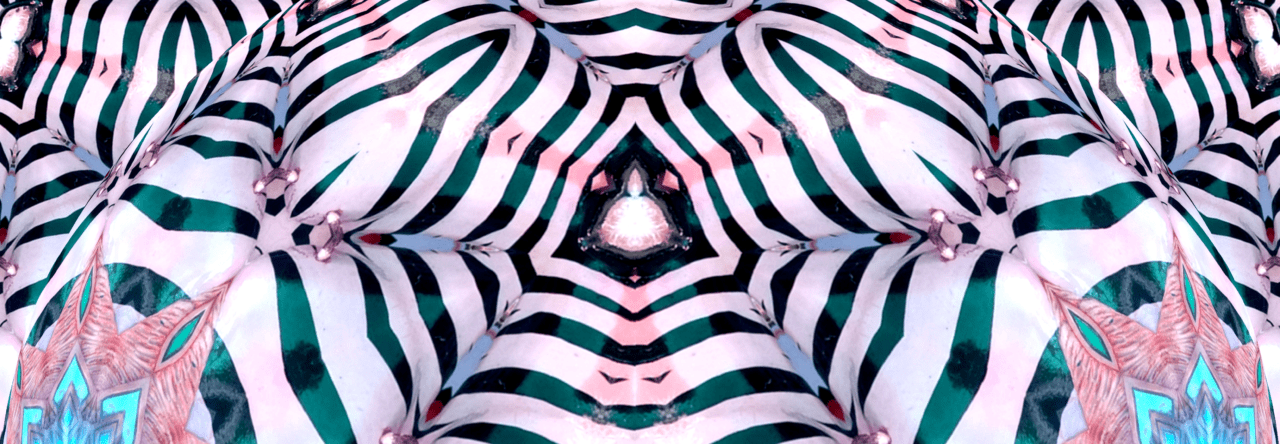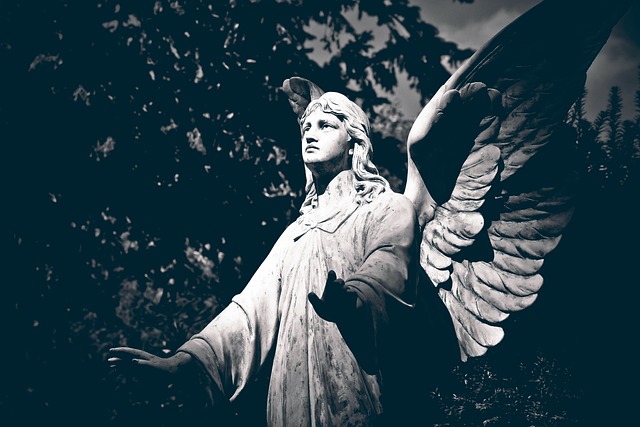A straight-forward series of posts on the delicate topic of Death and Dying
I know. I know. It’s everybody’s favorite topic to avoid. Forget the fact that we’re all dying the minute we’re born. Forget the fact that everyone we know now will be dead in, at best, 100 years. Forget the fact that life has been pushing death in our faces for the last two years (to say nothing of countries that have been facing it on a daily basis for much longer). It’s a disturbing taboo subject. And so naturally, I am enthralled!
In my last post, I began a conversation about death sharing some insights from philosopher Alan Watts as well as a recent dream I had. Over my next few blog posts, I will be sharing what I learned in 2022 having received the transmission of Tibetan Bardo teachings with Choekhortshang Rinpoche. Bardo, if you are unfamiliar with the term, literally means ‘journey between two lives’. It also refers to those opportunities for realization that come during/between the death stages outlined in these teachings.
In the West, we are most familiar with the tantric approach to the dying process or journey between two lives. What I received, however, was the Dzogchen approach. I was humored by Rinpoche’s explanation of the difference which says everything it needs to about Western culture. The tantric approach is like an action adventure movie, full of drama and complexity. The Dzogchen approach is pure simplicity. (That one! I’ll take that one.)
Death was also a confronted aspect in my Toltec studies in which a friendship with the Angel of Death reminds us that everything is on loan to her. Furthermore, a ritual writing of one’s Book of Death helps one along the journey of personal transformation, to confront what must die in order to be free. In that regard, the focus was more of the death that happens before death, the death of the identity and conditioning in which we had no choice. But it, of course, prepares one for the ultimate death, too.
But I see how the Bardo teachings can also apply to the egoic death before physical death as well. In fact, life is not ended in a single death. Life is full of millions of little deaths…of moments, of relationships, of circumstances. And our aversions, attachments, and ignorance (the three poisons according to Buddhist teachings) are what make us suffer each of those little unavoidable deaths. Naturally, when Selfcare is our concern, we are working to minimize our suffering, so this wisdom becomes a very helpful tool.
This is my 3rd exposure to these teachings, the first being a part of Ngondro, the foundational practices of Tibetan Bon Buddhism, the second being Chod, practices for overcoming fear. Each exposure deepens my insight a little more, but I’m obviously far from being any kind of expert. I’m just a student, mostly interested in finding ways to apply ancient teachings to my own modern life. But I’m happy to process my understanding here and share it with you.
So stay tuned…
 About the Author:
About the Author:
Beth Ciesco is your Selfcare Specialist, a certified yoga teacher and meditation facilitator. Check out the rest of the website to learn more about Restorative Healing Yoga, Mirror Meditation, E-Motion Alchemy, and Voicework as capital S Selfcare tools. You can also follow her on these sites:
❤ Instagram: https://www.instagram.com/divinemetime/
❤ Insight Timer: https://insighttimer.com/tranquilliving
❤ Youtube: https://www.youtube.com/@DivineMeTime


